Editor-in-Chief
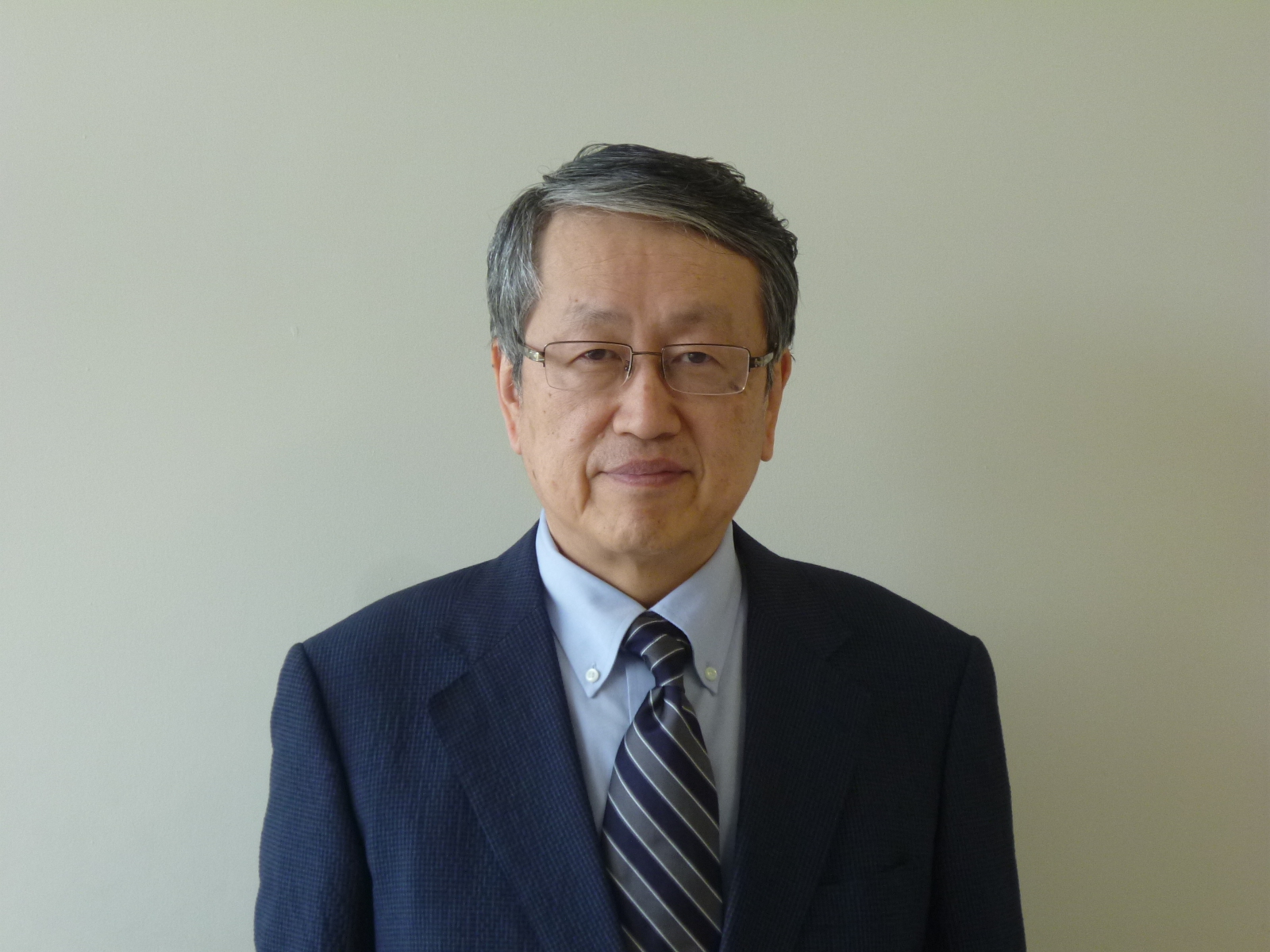
I found that HTLV-1-infected leukemic cells (adult T cell leukemia) are positive for CD4, CD25 and HLA-DR. Since then, I have been working on immunological aspects of virus-infected cells. I also worked on the mechanisms of HIV-1 entry and clarified the structural change of the virus envelope during its entry into the cells. I also worked on patients with dengue virus infection and found that plasma levels of matricellular proteins such as Galectin-9 and Osteopontin are elevated and reflect the severity of the diseases. Recently I clarified that the cleavage of these matricellular proteins occurs in COVID-19 patients and the cleaved products reflect the severity more efficiently.
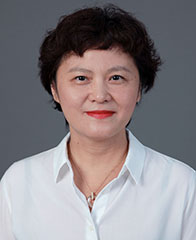
She is a distinguished Professor of Wuhan Uniiversity, She earned Ph.D degree at Hong Kong University of Science and Technology, got her post-doctoral at University of Maryland, USA. Currently Prof. Zhang is as a director of the Department of Immunology, School of Basic Medicical Sciences, Wuhan University; Director of Hubei Key Laboratory of Allergy and Immune Related Diseases; Prof. Zhang Xiaolian has carried out long-term and systematic research on the infection immunity of important human intracellular pathogenic microorganisms. She has about 180 research papers published by international authoritative journals, which have been evaluated as Top 2% by F1000 for several times. She has discovered multiple new key virulence factors and functional antigens related to the pathogenesis of hepatitis virus and tuberculosis and their immune functions. She has 43 authorized invention patents.
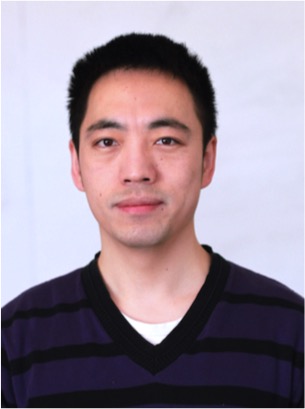
Song Zhang is a professor at Nankai University. His research is mainly focusing on the molecular basis for T cell function in inflammation, autoimmunity and cancer. He has published first-authored and corresponding-authored research papers on Nature, Immunity, Hepatology, PNAS, etc. He serves as editor for journals such as the Innovation, Molecular Immunology, and Frontiers in Immunology. He serves as grant reviewer for Czech Science Foundation, National Natural Science Foundation of China, and Research Grant Council of Hong Kong. He also served as ambassador for the Society for Leukocyte Biology (SLB) and committee member for Chinese Society for Cell Biology (CSCB) .
Editorial Board Members
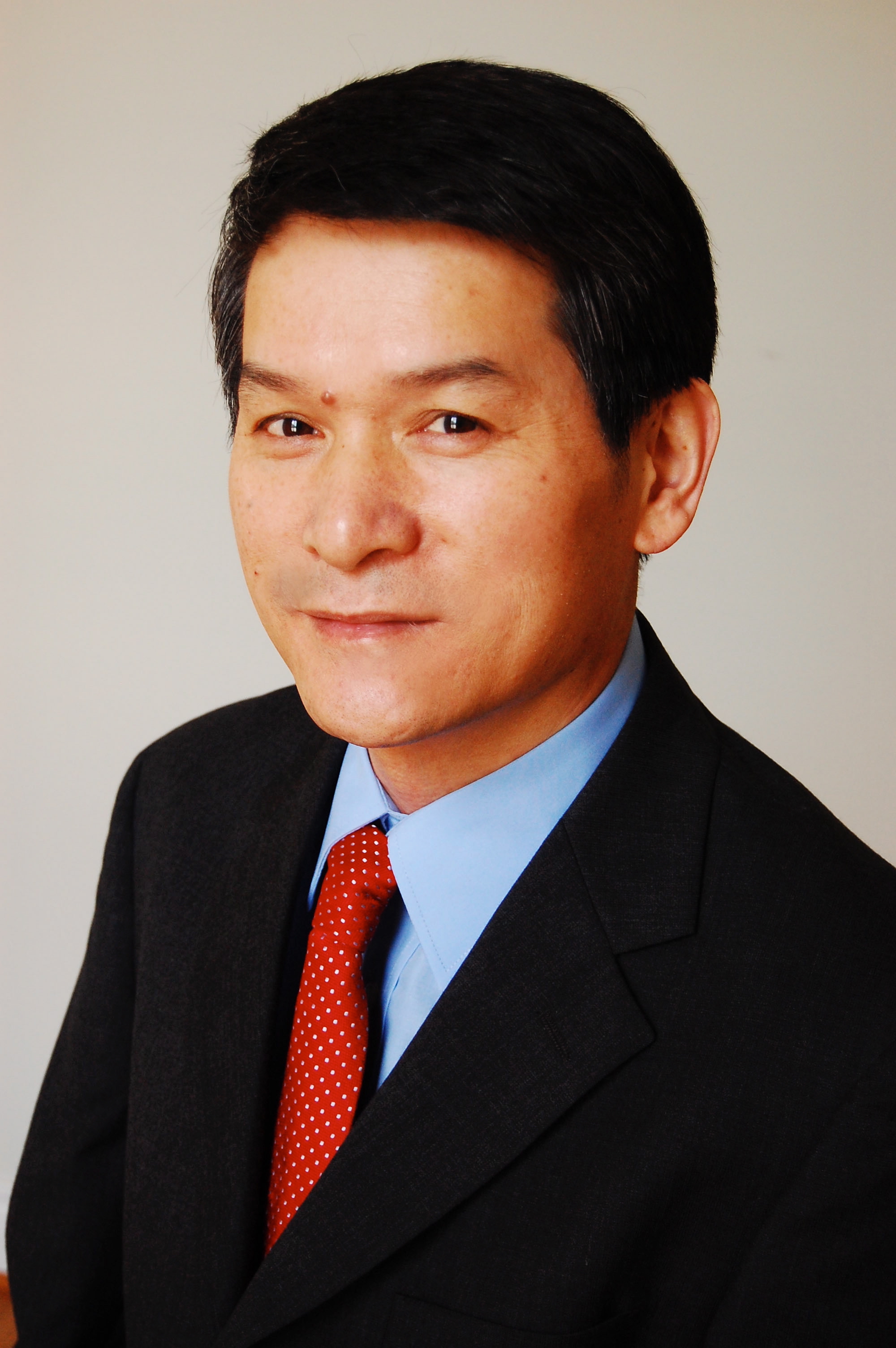
I graduated from medical school with clinical specialty in infectious diseases. I then obtained my Ph.D. degree in studying virus infection and antiviral immunity. I have a broad research interest, primarily in virus infection and the host’s immune responses. Other research conducted in my lab includes cancer virotherapy and immunotherapy, and vaccines for viral infection and cancer. I have had extensive publications in each of these academic areas. I have conducted research in both academic and industrial settings and held important positions in both industrial and academic institutions. I have sat on many panels in selecting important research and development projects in these areas. Some of the projects that I was invited to review are funded at the level of multi-million dollars. I am also serving on the editorial board of several international journals that publish cancer-related research and clinical trials.
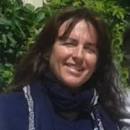
My scientific experience is focused on the area of virology. It began with the study of retroviruses as agents in cancer gene therapy, continuing with the study of the evolution of RNA viruses, specifically in quasispecies dynamics and in error catastrophe as a basis for antiviral therapies and, finally, specialized in the study and generation of control strategies against the bluetongue and the “peste de petits ruminants” viruses. Currently, with a position as a Scientific Scientist, in the group "Development of control tools against relevant diseases in Animal Health" in the CISA-INIA-CSIC, interested in generating different adenoviruses defective in replication as tools to control two diseases that cause serious economic losses in ruminants. We are focused in generate adenoviruses that allow the expression of proteins that immunomodulate the immune response enhancing the protective effect of the vaccines, pursuing a better understanding of the host-virus interactions, as well as the tools developed by these two RNA viruses to evade the immune system of the sheep, its natural host. Recently, and due to the Covid-19 pandemic situation, my group has been involved in the development of a DNA vaccine against SARS-Cov2.
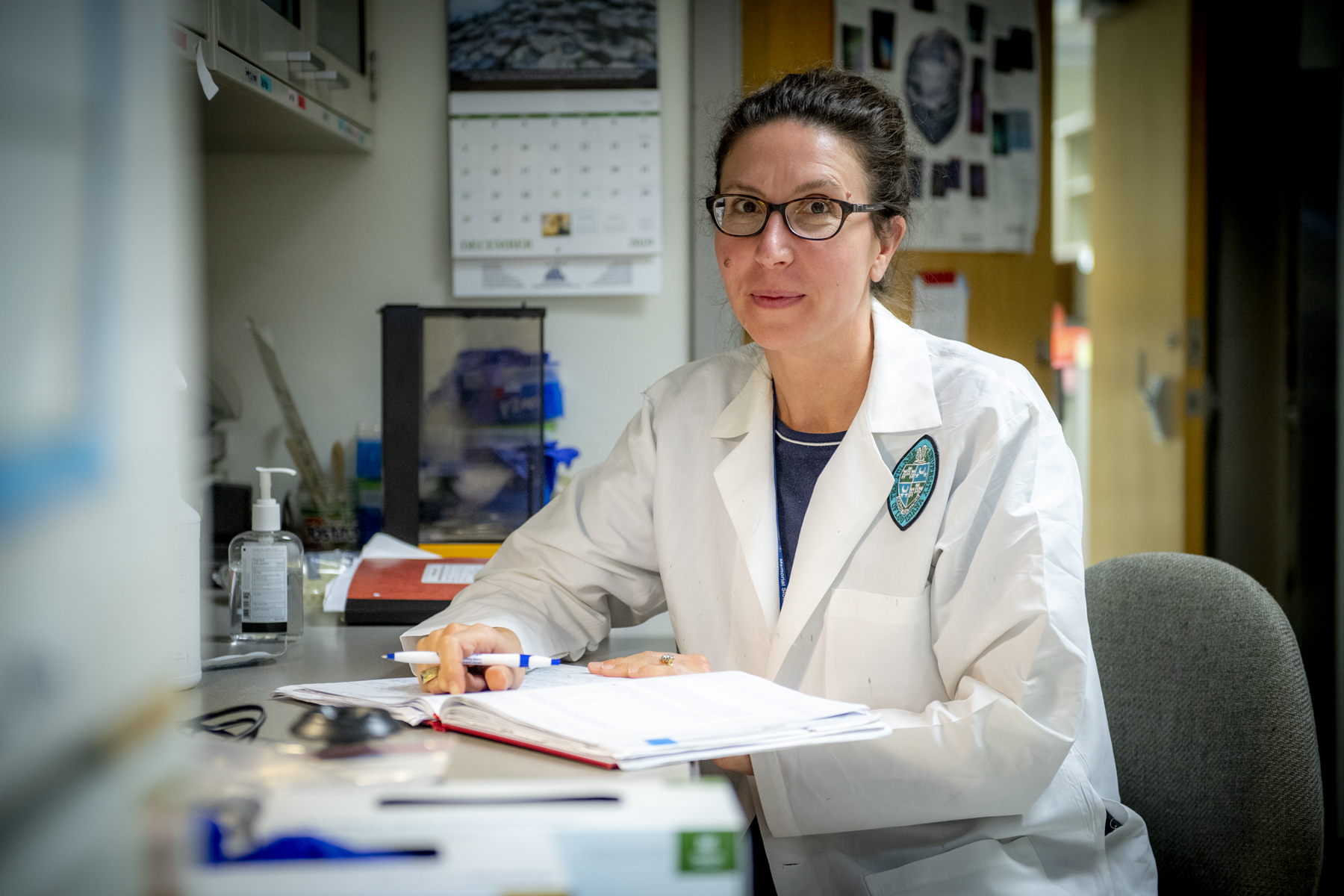
Dahlene Fusco MD PhD is an infectious diseases physician scientist with research experience in influenza, dengue, hepatitis C virus, Zika virus and SARS CoV-2, and clinical experience in HCV, HBV, and COVID-19. Her laboratory is focused on the search for biomarkers predictive of risk for severe disease during viral infection, with a subfocus on the type 1 interferon pathway and downstream interferon effector genes.
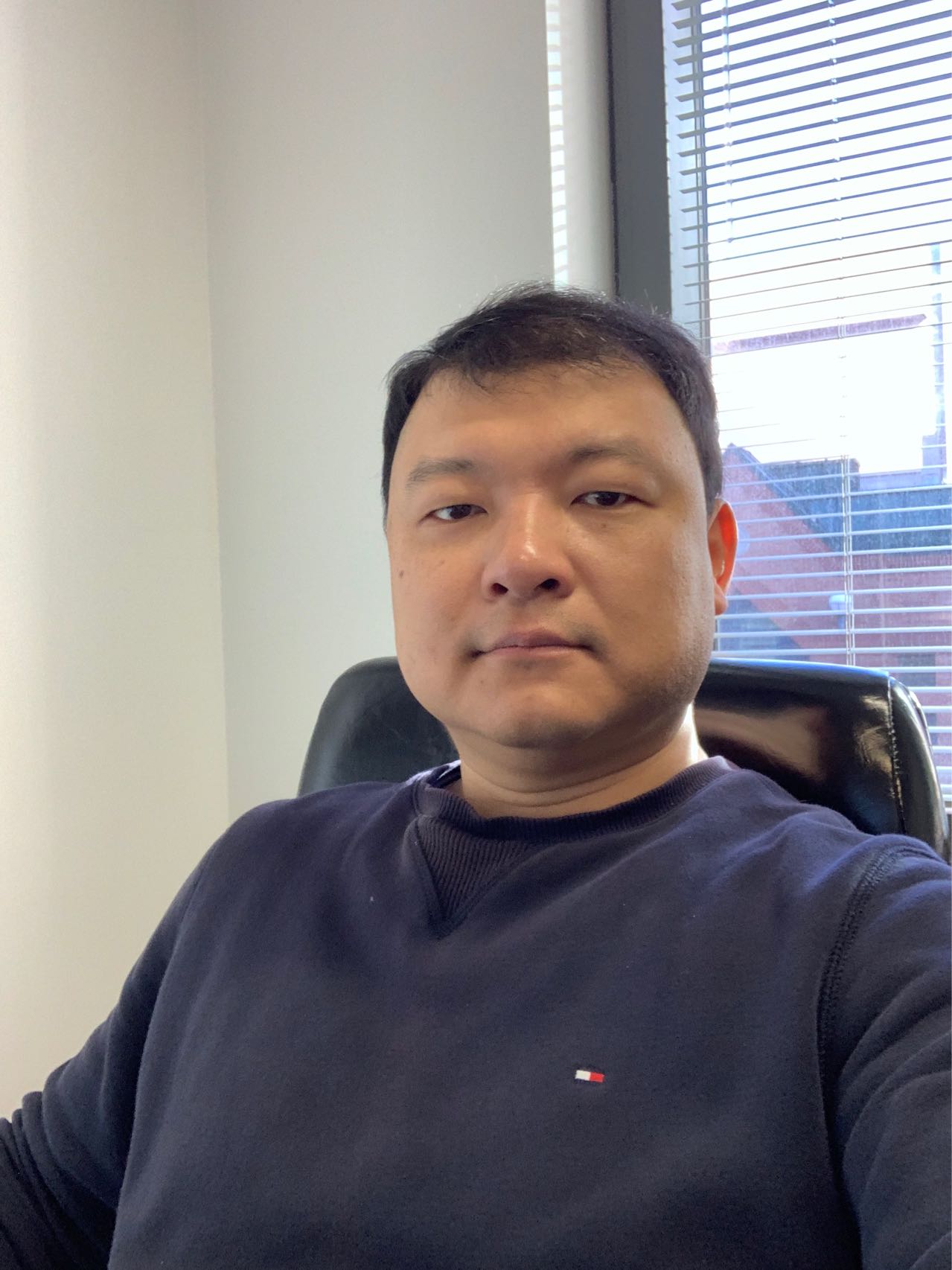
Dr. Guangming Li received his Ph.D. degree in Agronomy from Nanjing Agriculture University and did his post-doctoral training in Virology and Immunology at University of North Carolina at Chapel Hill (HIV-1 immune pathology) in Dr. Lishan Su's lab. From 2014 to 2020, Dr. Li continued his research in chronic viral infection induced immune pathology and immune therapy in the context of HIV infection as Research Associate. In October 2020, Dr. Li joined The Institute of Human Virology at UMSOM as Assistant Professor and continues his research to mechanistically understand HIV immune pathogenesis and develop novel therapeutic strategies for HIV-1 cure in either humanized mice in vivo or cell culture system in vitro. Currently, Dr. Li is focusing on studying chronic HIV infection induced immune senescence and T cell dysfunction as well as their therapy. Dr. Li is also working on developing novel CAR-T or CAR-NK cells therapy for treating chronic diseases including HIV-1 infection and cancer.

